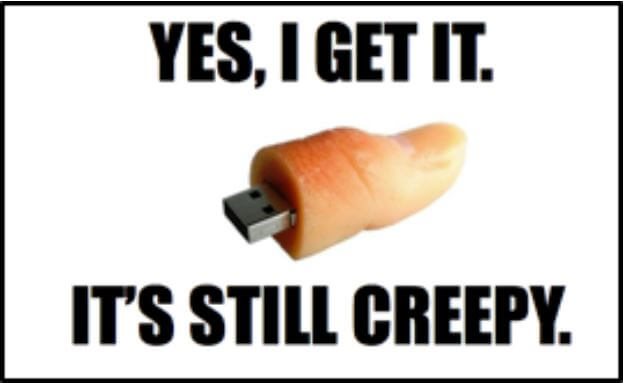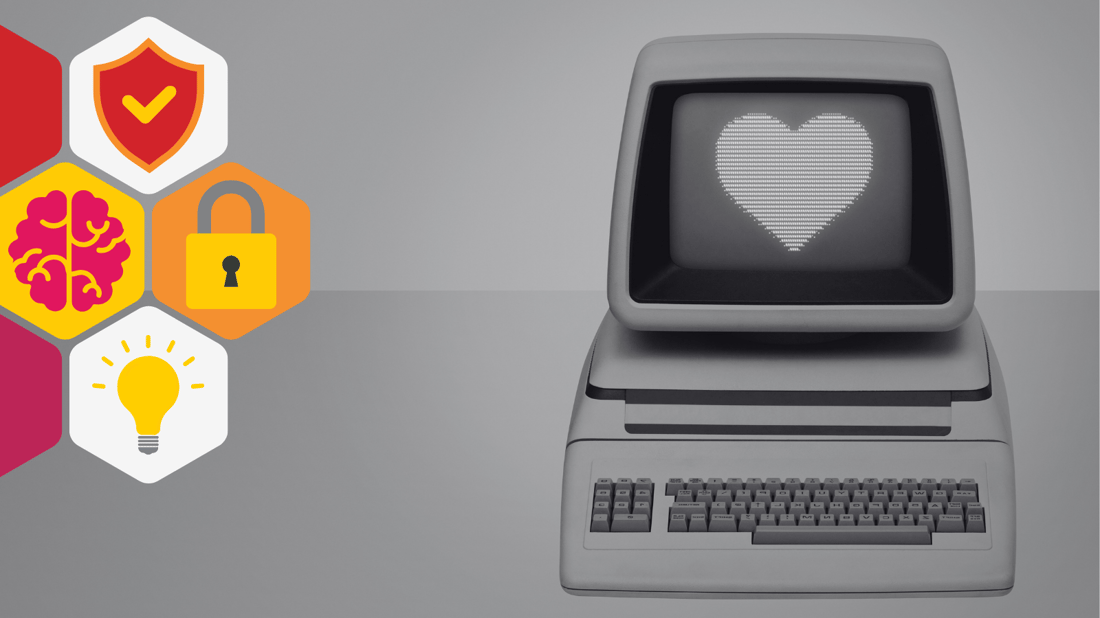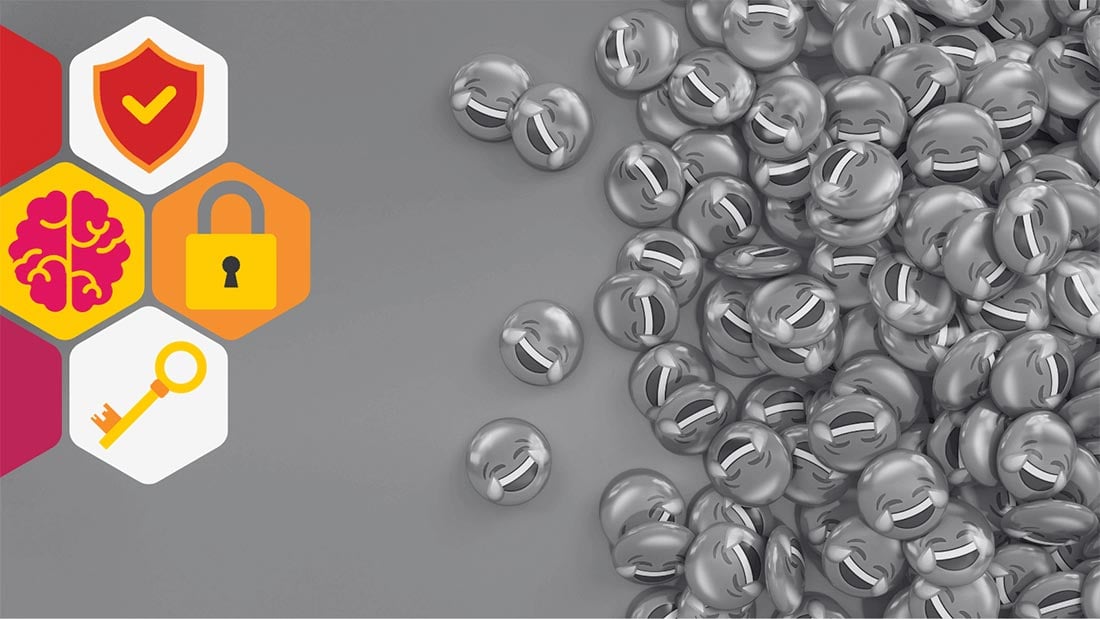NCSC Cyber Culture FAQ: 21 Questions Answered
Huzzah! NCSC has put cyber security culture firmly on the map. Boards are asking about it, CISOs are being measured on it, and security awareness...
Laughing at Cyber Security is Possible
Phishing is a serious business, laughing is the key. So are identity theft, data breaches, and WiFi security. Cybercrimes cost businesses, individuals and governments billions of dollars, and have put people’s private data and livelihoods at risk.
But when I first started this gig, I didn’t know much about it. I wasn’t “into” cyber security. I mean, I do my best with my passwords. And I’ve never used a USB drive that I found in a parking lot.

What I know is people. Humans. The softest of software. And I know quite a bit about how to get their attention, how to persuade them, and how to get them to change their behaviour.
I’ve spent almost two decades in advertising. One abundantly clear thing is that, for the most part, people don’t even notice things they don’t care about.
For instance, we’ve all seen loads of ads in our lives. The common claim that we’re each exposed to 4,000 commercial messages a day might be an overstatement. But even if the real number is 400 and not 4,000, that adds up to 146,000 a year and, uh, kajillions over a lifetime.
Most of these ads aren’t just forgotten: they weren’t even noticed in the first place. And this is true even though many of them are about important things – your child’s safety, vacations, your health and hospitals, or retirement and insurance.

The error advertisers often make is thinking that these are things people do care about, all the time. But when ads come up, most people are focused on making dinner, doing homework, or just enjoying the show or the game. In those moments, these serious topics are merely things people should care about but don’t.
That sounds just like cyber security. It’s serious. It’s something people should care about. But moment to moment, they don’t care about it and don’t notice it.
So how have advertisers figured out how to get people to notice things, to pay attention, to make a decision (usually involving your hard-earned dollars!) and maybe even care about them? A simple thought experiment works here: What ads do you remember from your lifetime? Go on: think. Remember. Got one or two?
“Whasuuuup?!”
“Keeps going and going and….”
“I can’t believe I ate the whooooole thing.”
“Hello, ladies. Look at your man….”
“Are you Dr. Galewickez? Yes, I am.”
While there are several ways to get people to care about ads, the easiest, and perhaps the most successful, is humor.
Sprinkle comedy on something boring or trivial, like deodorant or burgers, and people will care and notice. Take a topic that’s a snoozer like insurance, and add some laughs, and lo! Thou shall notice thine ads, and ye shall be amused, and ye shall care.
This is why Cyber Maniacs is so serious about being funny. Humour makes people notice things. It makes people care.And it helps people remember.
Here are 4 Things that we use to create unforgettable cyber awareness learning. You can use it too for any topic that you would like to get attention, memory recall, or awareness of.
Bizarreness Effect – It’s been contested from a research standpoint, but there are studies that show using strange, unusual, and extraordinary information could actually be easier for our brains to retain. This is all about harnessing the power of the unexpected.
Humour Effect – It helps in so many ways! Humour activates the brain’s dopamine reward system, stimulating goal-oriented motivation and long-term memory, which means that humour can improve retention in students of all ages. Numerous studies have shown that using humour enhances memory, regardless of the mood you were in before you saw the joke!
Evolutionary Theory – According to evolutionary theory, positive emotions encourage the uptake of behaviours (like feeling pride for carrying a reusable water bottle), whereas negative emotions promote withdrawal behaviours (like feeling guilty for forgetting to refuse a plastic straw). Cyber awareness is not merely knowledge acquisition (We always say that being able to define the term malware won’t keep you safe!), but is about behavioural change and building a security-minded culture.
Picture Superiority Effect – the phenomenon in which pictures and images are more likely to be remembered than words.
(BACK TO ARTICLE)
There’s a plethora of research to back this up, but for now, I’ll spare you the details. They’re not that funny.

Huzzah! NCSC has put cyber security culture firmly on the map. Boards are asking about it, CISOs are being measured on it, and security awareness...
20 min read

Our goal is serious cyber security awareness through laughter We know that cyber threats are growing as fast as the apathy individuals have towards...
5 min read

This is a quick deep dive into one of the NCSC cyber security culture principles, designed to help you understand what it actually means in...
4 min read
Subscribe to our newsletters for the latest news and insights.
Stay updated with best practices to enhance your workforce.
Get the latest on strategic risk for Executives and Managers.
